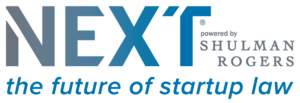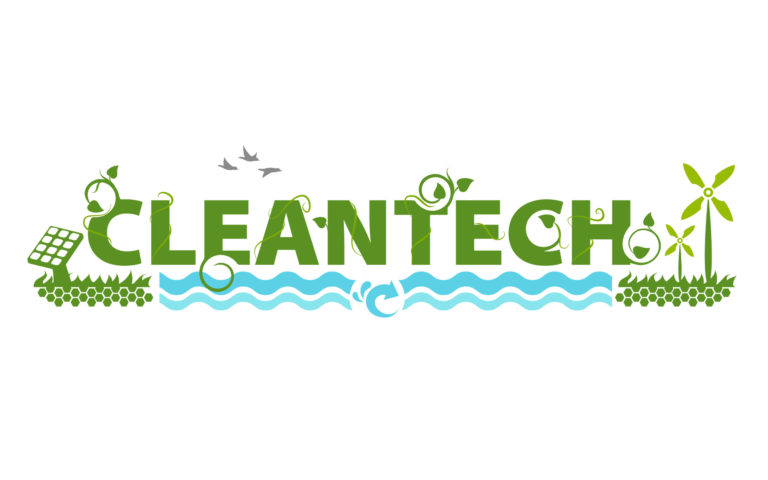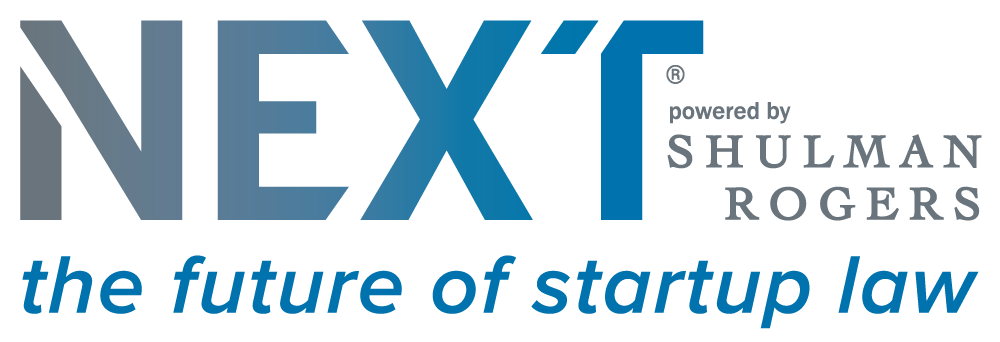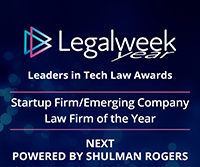A new opportunity for DC area entrepreneurs to get involved in cleantech.
The DMV area seems to be buzzing recently with exciting startup opportunities. NEXT powered by Shulman Rogers is one great example of how organizations in the DMV are helping entrepreneurs. One of us (Michael) is part of the NEXT marketplace, and has been part of NEXT PitchMasters practice sessions, among several other DMV startup activities, including the area’s newest accelerator, the Maryland Energy Innovation Accelerator (MEIA). One of us (Ben) is the Commercialization Program Manager for MEIA. Here’s our take on MEIA’s place in the DMV and what it offers entrepreneurs, and some reflections on the experience of working with MEIA.
From Ben:
The DMV area has a rich history in the cleantech sector and a tremendous pipeline of research and development in all the University and Federal labs. Frederick, Maryland was once the home of the largest solar PV producer in the world: Solarex. Virginia was the headquarters of Opower, a recent cleantech IPO. Maryland also played host to one of the largest exits in the cleantech sector: SunEdison in Beltsville, Maryland. The DMV area has an extensive list of State, University and Federal laboratories focused on the clean energy sector including: The University of Virginia, Virginia Tech, University System of Maryland, Johns Hopkins University, the Army Research Lab, National Institute of Standards and Technology and the Beltsville Agricultural Research Center. This area’s rich history and current position make it a ripe area to develop businesses in the cleantech sector.
Maryland has been particularly involved in cleantech. The University of Maryland, for example, has the most awards from Advanced Research Projects Agency–Energy (ARPA-e), but is still not known as a state for commercializing cleantech. With this in mind, the Maryland Clean Energy Center (MCEC) launched MEIA in January of 2020.
MEIA is designed to combine the expertise of inventors, researchers, founders, and entrepreneurs with strategic partners, local business executives, and service providers to further advance their technology and create new, investible clean energy businesses. Where most early stage commercialization programs place inventors squarely in the leadership role, MEIA enables inventors to decide how involved they want to be, and what role they want to take. MEIA facilitates the creation of new businesses by supporting inventors with local entrepreneurs and executives that are interested in supporting and forming cleantech businesses. MEIA does this through its Energy Executive in Residence (EEIR) program.
MEIA’s EEIR program is ideal for entrepreneurs, current or retired executives, or people who want to explore the routine & lifestyle of being a co-Founder or Board Member of a clean energy technology company. Each team has a consulting budget that can be used to hire EEIRs to perform needed business activities. The EEIR platform provides a chance to learn first-hand about what it takes to be on a startup team, and it enables the team to work together for a period of time to determine fit before the company is formally created.
Michael adds:
I was lucky enough to be selected as an EEIR in MEIA’s (recently conclude) first cohort and as an EEIR for the first company in MEIA’s current evolution. I’ve studied innovation’s interplay with the economy, written about startups and “intrapreneurship,” consulted to startups, mentored startups in other incubator/accelerators, and I even podcast about startups. But I’d never actually worked in a startup, and that was part of the initial appeal to me. It also helped that I’ve dedicated my career to climate and clean energy!
Being an EEIR in such an early stage company proved quite different from my other experiences with startups. First, the MEIA community at this stage is closely tied to the academic community at the Maryland public universities, including UMBC, where the teams I’ve worked with are from. Despite their immense technical savvy, academic training is not automatically geared to a startup mindset. Helping the teams think about customers and markets while they educate me about science and technology has been a rewarding partnership. Second, while I’m used to helping organizations incorporate uncertainty in their planning, I hadn’t been so close to the problem before. That is, fledging startups simply don’t know what they don’t know, and don’t know where to look. Being part of a team that was really looking for fundamental answers to market questions has been a great experience, one which I’m still learning from. Finally, though I’ve been and am affiliated with other accelerator/ incubators, MEIA’s combination of mission, its “embedding” mentors and advisors as true team members (EEIRs), and its wrap-around services (strategy, legal, finance, etc.) distinguish it from other groups I’ve worked with.
Interested?
Perhaps you are wondering if entrepreneurship is right for you. MEIA’s part time EEIR role offers a risk-free way for you to experience the Lean Startup Methodology while providing your valuable expertise to a fledgling technology company. You can find more information at www.mdeia.org. Ben Margolis is Commercialization Manager at MEIA and can be reached at [email protected]. Michael Leifman is co-founder of M4Edge and M4 Strategy Garage, and can be reached at [email protected].



